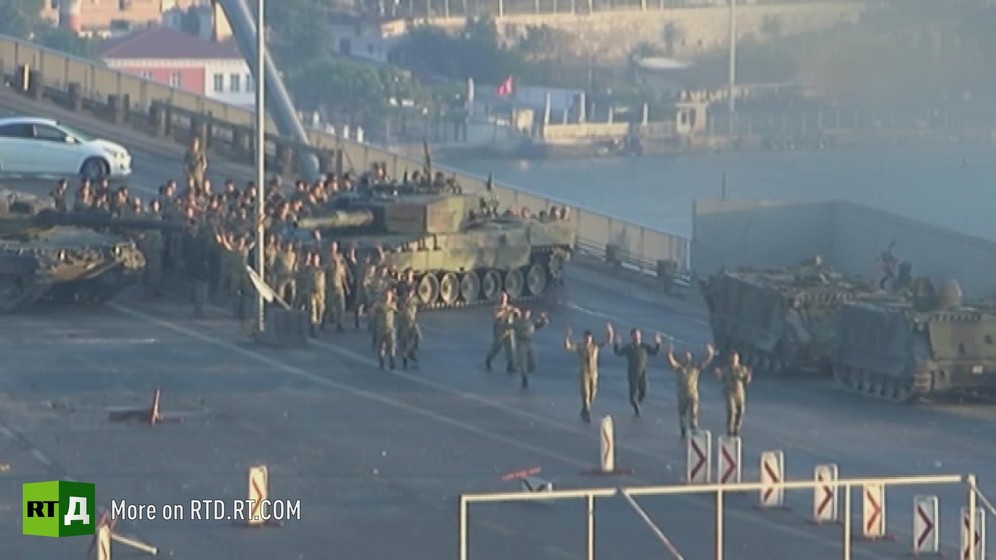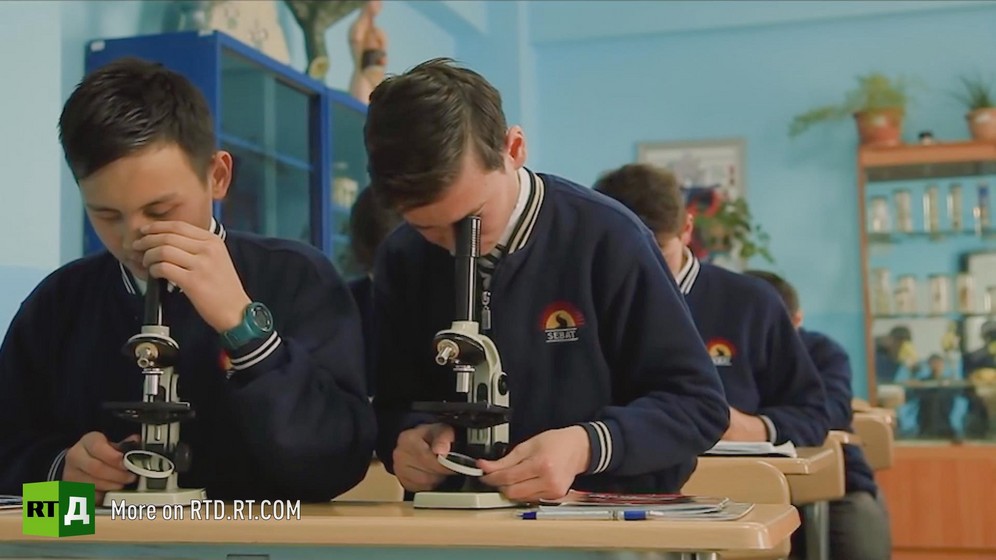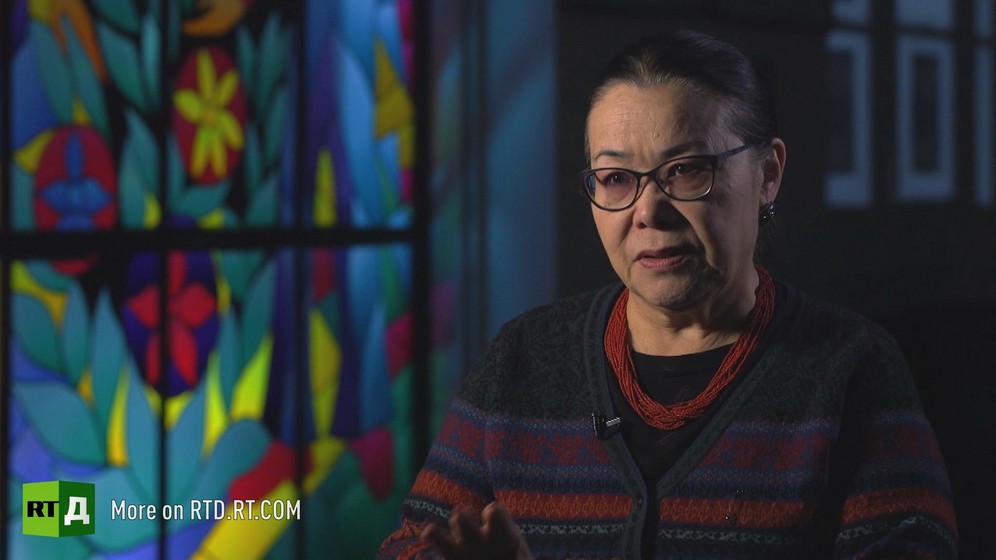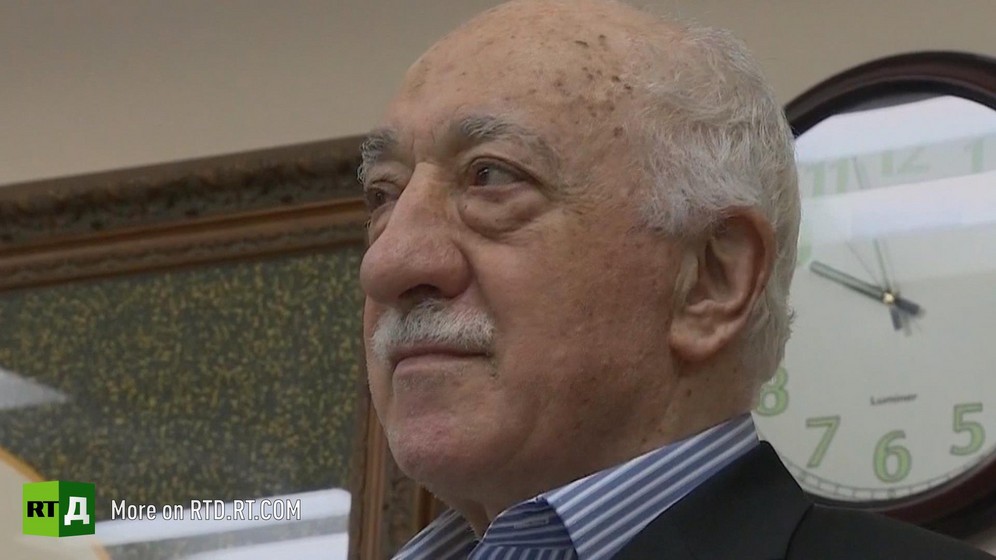The Gulen Mystery
-
Gulen’s Schools. The charismatic preacher and his secretive educational empire
-
Gulen’s Hizmet Movement . A pervasive fraternity of public service under the radar
-
Gulen’s Businessmen. Financing the network through 'market-driven jihad'
-
Gulen’s Turkish Charter schools. The CIA sponsored imam and his troubling US agenda
-
Turkey’s Military Coup. The rise and fall of the House of Gulen
Gulen’s Schools. The charismatic preacher and his secretive educational empire
In episode 1 of our in-depth documentary series about Fethullah Gulen, RTD investigates the educational network built by the famous Turkish imam.
Turkey’s President, Recep Erdogan accuses the cleric of being behind the military coup of July 2016. Yet, how could the self-taught educator have had anything to do with an attempt to seize control of the Turkish State?

To uncover the secret to the reclusive preacher’s influence and how his educational empire worked, RTD goes to Kyrgyzstan, home to a large number of “Turkish Lycees”. RTD tours one of the country’s most highly-regarded high schools to understand the appeal of Gulen's educational model.

In the Central Asian country, Fethullah Gulen-inspired fee-paying single-sex boarding schools, which focus on English and science, IT, in particular, are heavily oversubscribed. “They prepare young people to be competitive in the 21st century,” enthuses Raisa Asakeeva, vice-president of the Sapat network running these schools in Kyrgyzstan. The former Education Minister in Kyrgyzstan,Ishenkul Boldzhurova has nothing but praise for the Gulen philosophy, which promotes values such as tolerance, learning, and helping the less fortunate. “What’s wrong with that?” she asks; a question that disturbs many who consider the movement too good to be true.

Starting in the 70s, Fethullah Gulen built up an educational network in Turkey and around the world, from educational holiday camps with military discipline to high schools and universities. His aim was to give teenagers a high tech education while imparting religious values, including those of “Hizmet”, or service to society, through an informal network of teachers.
Back in Turkey, academics and teacher union reps share with RTD their unease. From the way Gulenists helped their students through exams to their hidden influence over careers in public education, the educators discovered it was better to be inside the Gulen movement than out in the cold.
